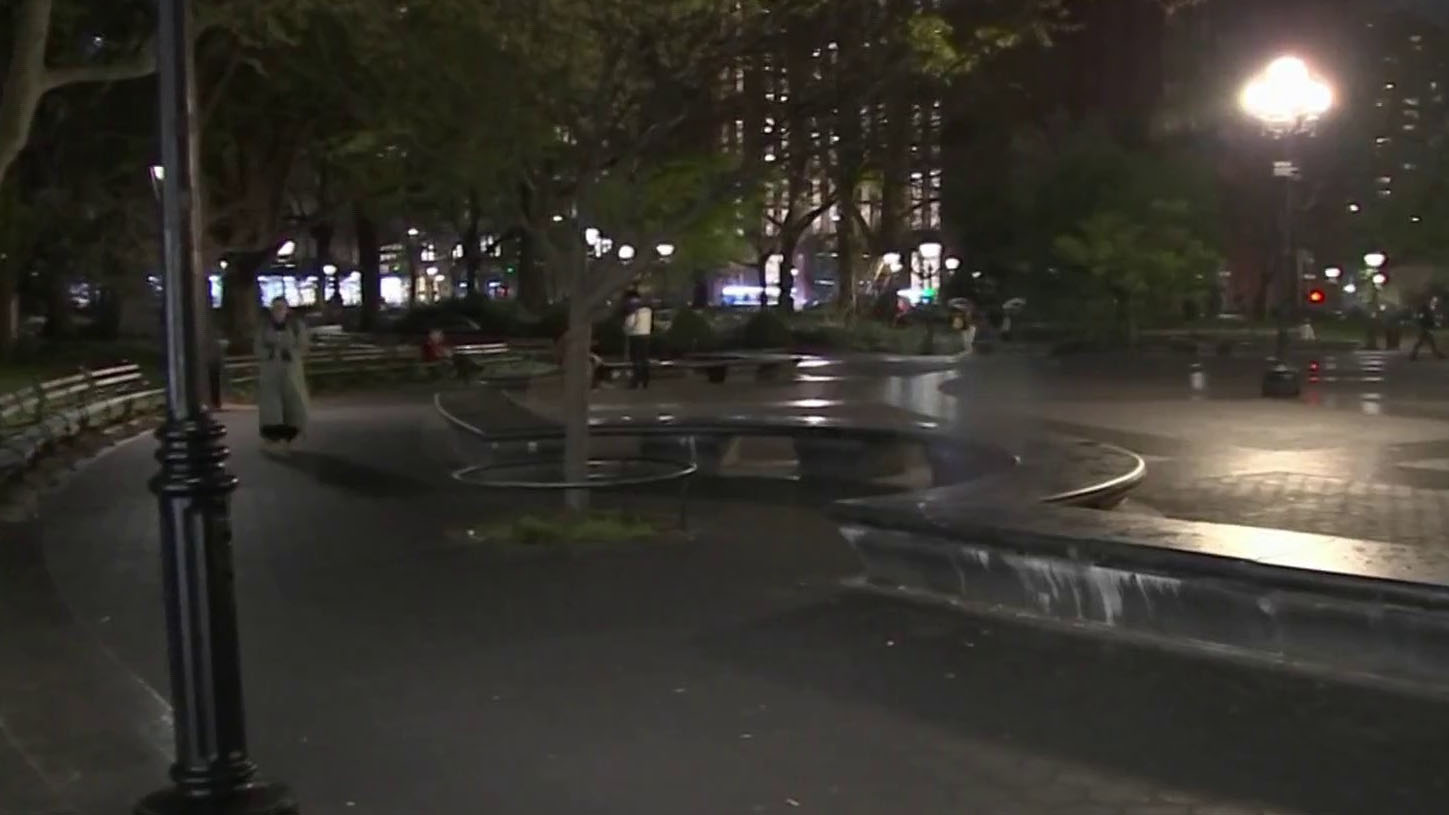Political leaders, rights advocates and average New Yorkers poured out their frustrations with stop and frisk and other police tactics Wednesday at a City Hall hearing on lawmakers' most wide-ranging effort in years to set new rules and force new oversight on the NYPD.
City Council members railed against the hundreds of thousands of stop-and-frisk encounters officers conduct on city streets each year, calling the stops discriminatory and ineffective. A health care union representative said many members have taken to wearing their uniforms to work in hopes they won't draw police suspicion. A leader of a South Asian advocacy group said she believed it had been targeted as part of the department's wide-ranging surveillance of Muslims.
Not there to hear any of it was Police Commissioner Raymond Kelly, the influential top cop of the nation's biggest police force; the city said it decided to have a lawyer speak for police because of lawsuits surrounding stop and frisks. The lawyer, Michael Best, said the stops and other police practices had made the city safer and weren't based on bias.
But to critics, stop and frisk is shorthand for racial profiling, dubious crime-fighting results and a populace divided in its interactions with police.
"It is long past time to address the disparate ways that this city is being policed," said Councilman Jumaane Williams, a lead sponsor of the proposals up for discussion.
The NYPD has been seen as a potent guardian of public safety in the post-Sept. 11 era, and officials can — and do — boast that New York's crime rate is the lowest among the nation's 25 most populous cities, as measured by seven major offenses. Killings in the city dropped by about 20 percent from 2001 to last year, even as the number of officers dropped from about 40,000 to 35,000.
"We believe that the vast majority of officers do their jobs professionally, including when they do stop, question and frisk, and it's an important part of our strategy," Best said.
Local
But in protests, courts and council hearings, stop and frisks have become a focal point for those who feel the statistics and security measures have come at a troubling price. They question police actions ranging from an officer's fatal shooting of an unarmed drug suspect in February to the department's spying on Muslims, as detailed in a series of recent articles by The Associated Press.
Under a 1968 Supreme Court decision, police can stop, question and sometimes pat down people they think might be breaking the law, even if their suspicions don't meet the probable-cause standard for an arrest.
New York City officers made a record 684,330 of the stops last year, seven times the number in 2002; they stopped about 337,000 in the first six months of this year. Some 87 percent of those stopped last year were black or Hispanic. About 12 percent of the stops resulted in arrests or tickets.
Brian Pearson, 36, a construction worker who lives in Queens, says he has been stopped and frisked at least five times. Pearson said he has a drug record, but he said most of the stops haven't resulted even in an arrest.
"I get nervous easy, and they just pursue, like I'm automatically guilty" because of appearing anxious, Pearson said outside Wednesday's hearing, where he'd planned to testify but had to leave for work.
The proposals under discussion would require officers to explain why they are stopping people, tell them when they have a right to refuse a search and hand out business cards identifying themselves. Another would give people more latitude to sue over stops they considered biased.
And another — the most ambitious — would establish an inspector general's office to monitor the police department. Its champions include those concerned about a police force that has monitored of Muslims, sometimes infiltrating Muslim groups, even when there was no evidence they were linked to terrorism, as detailed in the AP series.
"We are being treated as guilty until proven innocent," Naz Ali, a leader of a South Asian advocacy organization called Desis Rising Up and Moving, told council members through a Hindi interpreter. She said a newcomer showed up at the group after it held a rally about police practices in November, eventually told her he had ties to the police department and then never showed up again.
Best, the city lawyer, said the police department already gets plenty of oversight from its own Internal Affairs Bureau, the city's Civilian Complaint Review Board and other entities. He said the other proposals overstep into legal territory covered by state law. Advocates for the proposals disagree on both counts.
Associated Press writers Meghan Barr and Samantha Gross contributed to this report.



